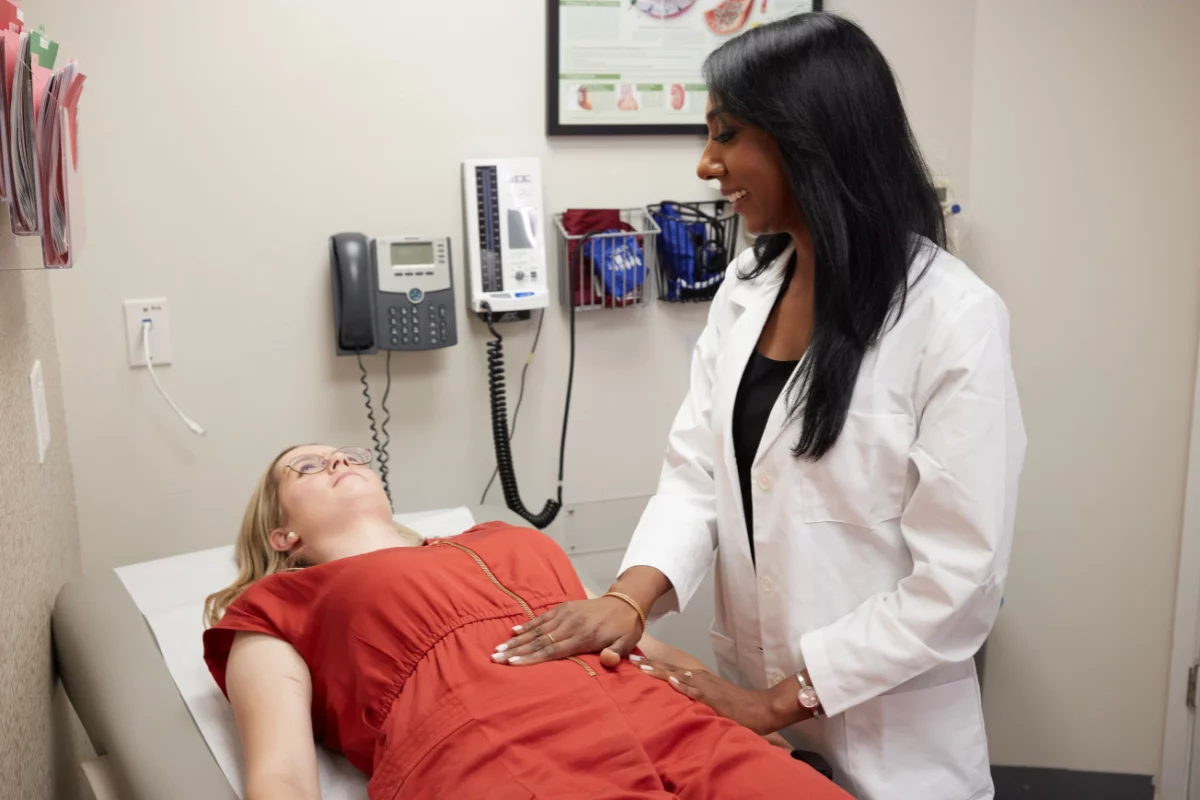Hemorrhoids, or piles, occur when the blood vessels located in the exterior or interior of the rectum become swollen and inflamed. This is a very common condition, with an estimated 75% of adults having hemorrhoids at some point in their lives. This condition can occur either inside the rectum or on the skin surrounding the anus.
Hemorrhoids typically develop when we exert too much pressure on the rectum. The most common cause of hemorrhoids is straining during your bowel movement or having hard stools (constipation), but chronic diarrhea and heavy lifting may also contribute to hemorrhoids. They are a common issue for pregnant women as well.
Those with internal hemorrhoids will often not feel any discomfort, but there may be rectal bleeding without pain, with bright red blood showing up in stools or on toilet paper. External hemorrhoids, on the other hand, can cause pain, discomfort, irritation, bleeding, and swelling around the anus.
Hemorrhoids can occur at any age, but they become more common as you grow older. Other risk factors include constipation, low fiber diet, obesity, pregnancy, and work that involves lifting heavy objects.

External hemorrhoids can be relatively easy to diagnose by a simple visual examination. For internal hemorrhoids, your doctor may perform a digital examination of the rectum to feel for any irregularities. In some cases, a sigmoidoscopy, colonoscopy, or anoscopy might be necessary to reach a definitive diagnosis.
In order to treat hemorrhoids, we must address the root cause. Treatments often focus on softening the consistency of your bowel movements in order to minimize straining. There are also topical medications and suppositories that may help shrink the hemorrhoids. If they are large enough, surgical correction may be warranted.
It’s important to maintain regular bowel movements by eating at least 25 grams of fiber and drinking two liters of water per day. Getting regular exercise may also help in avoiding constipation leading to hemorrhoids.
Sometimes a hemorrhoid can develop a blood clot and lead to what is known as a thrombosed hemorrhoid, which can grow very large and become very painful. In rare cases, bleeding from hemorrhoids can also lead to anemia. It is very important to take blood in your stool seriously, as it may be a symptom of a more serious issue such as bowel cancer.
Hemorrhoids can result from constipation or chronic diarrhea. They also share some of the same symptoms (rectal bleeding) as colorectal cancer. In very few cases, bleeding from hemorrhoids can contribute to anemia.
Hemorrhoids occur when the blood vessels of the rectum become swollen. They can occur externally or internally, and may manifest as painless rectal bleeding or as anal pain, itching, or swelling. Hemorrhoids are common and are most often caused by constipation. If you see signs of rectal bleeding or blood in the stool, please seek medical attention as it may be a sign of other, more serious diseases.



